Acoustic Ceiling Panels
Acoustic ceiling panels are far more than functional sound solutions, they're powerful design tools that shape how spaces feel, perform, and inspire. By strategically absorbing sound waves and reducing reverberation, these expertly engineered panels create environments where conversations flow clearly, concentration deepens, and well-being flourishes.
Whether you're designing a dynamic office environment, a tranquil healthcare facility, or an inspiring educational space, our comprehensive range of acoustic ceiling solutions gives you the freedom to create without compromise. We partner with industry leaders like Impact Acoustic, Mogu, Baux, and more. to bring you unparalleled choice, quality, and customization, all from a single trusted source.
- Extensive material variety for unlimited design freedom.
- Expert acoustic consultation from concept to completion.
- Sustainable, certified materials that meet stringent standards.
- Proven performance in diverse environments across the Netherlands.
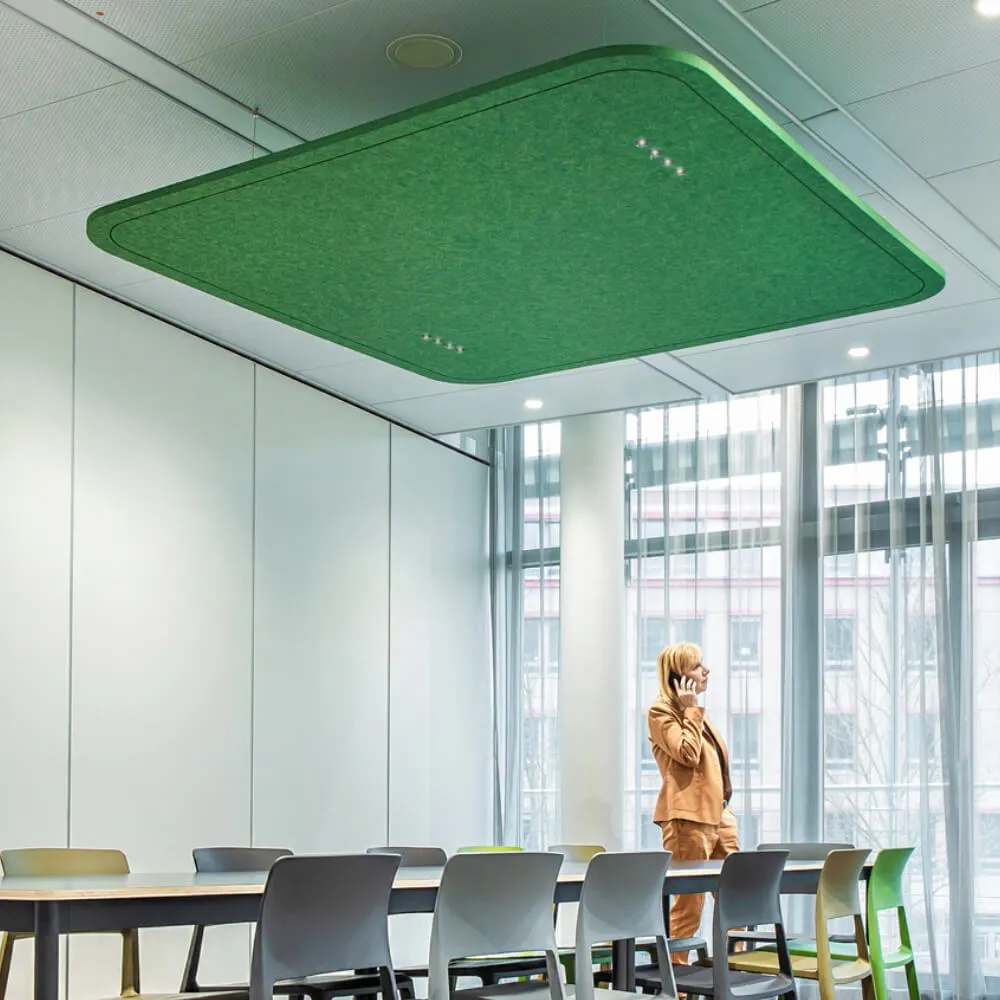
Unlimited design freedom with premium acoustic ceiling materials
The modern approach to acoustic ceiling design breaks free from traditional limitations, offering architects and designers unprecedented creative possibilities. Our curated selection of acoustic ceiling panels encompasses high-density rock wool with precision-engineered aluminum frames, eco-conscious PET felt crafted from recycled plastic bottles, natural wood wool with cement binders, and revolutionary mycelium biomaterials grown from agricultural waste. Each material brings distinct visual textures, acoustic properties, and sustainability credentials to your projects.
Rock wool panels deliver exceptional fire safety with Euroclass A1 ratings while achieving perfect NRC 1.0 sound absorption, making them ideal for high-performance applications in offices, schools, and healthcare facilities. PET felt panels offer vibrant color options and moldable characteristics, perfect for creating geometric patterns and 3D designs that serve as striking architectural features. Wood wool provides natural warmth and texture, contributing to biophilic design principles while managing echo and reverberation in frequencies crucial for speech clarity. Mycelium panels represent the cutting edge of sustainable design, offering carbon-negative materials with unique organic textures.
This diversity ensures your ceiling sound insulation solution becomes an integral design element rather than a compromise. Whether you're creating minimalist corporate environments, dynamic educational spaces, or wellness-focused healthcare facilities, our acoustic ceiling materials transform functional requirements into compelling visual statements that enhance interior aesthetics while delivering superior acoustic performance.
Effective acoustic ceiling panels deliver measurable improvements in sound quality, occupant comfort, and space functionality through sophisticated engineering and strategic material selection. Our panels achieve impressive Noise Reduction Coefficients (NRC) ranging from 0.45 to 1.0, with premium rock wool solutions reaching perfect absorption ratings. Advanced installation techniques, including strategic air gaps behind panels, can effectively double acoustic performance by creating multiple sound absorption opportunities as waves pass through, reflect, and re-enter the material.
Understanding frequency response is crucial for optimal acoustic ceiling design. Rock wool excels at absorbing low-frequency sounds like traffic rumble and HVAC noise, which are typically the most challenging to control. PET felt panels target mid-to-high frequencies prominent in human speech and office equipment, dramatically improving conversation clarity and reducing cognitive fatigue. Wood wool materials perform exceptionally well in the 500-4000Hz range critical for speech intelligibility, making them ideal for educational and meeting environments. Mycelium panels demonstrate excellent performance in the medium frequency range (250-1000 Hz), ideal for absorbing speech noise.
The health and productivity benefits of proper ceiling sound insulation extend far beyond simple noise reduction. Research demonstrates that poor acoustics contribute to stress, cardiovascular issues, sleep disruption, and decreased cognitive performance. Our acoustic ceiling solutions create environments where occupants experience measurably lower stress levels, improved concentration spans, and enhanced well-being. In office settings, this translates to increased productivity and employee satisfaction. In educational facilities, improved acoustics directly correlate with better learning outcomes and reduced teacher vocal strain. Healthcare environments benefit from reduced patient stress and improved staff communication, contributing to better care delivery and recovery rates.
Superior acoustic performance for every environment
Flexible installation systems for seamless integration
Modern acoustic ceiling installations must integrate flawlessly with existing infrastructure, lighting systems, HVAC components, and architectural features while maintaining accessibility for maintenance and future modifications. Our comprehensive approach encompasses multiple installation methodologies, each optimized for specific spatial requirements and performance objectives.
Free-hanging baffle systems provide exceptional versatility for high-ceiling environments, offering double-sided sound absorption while maintaining visual interest through varied heights, colors, and configurations. These suspended acoustic ceiling panels excel in large open spaces like atriums, restaurants, and industrial facilities where traditional ceiling treatments aren't feasible. Direct-mount installations create seamless integration with existing ceiling surfaces.
Direct-mount ceilings attach directly to the overhead surface, resulting in a seamless and refined aesthetic. They are suitable for rooms with low ceilings as they hardly lose any height. Ideal for offices, healthcare facilities, and educational environments where subtle acoustic enhancement is required without compromising ceiling height or accessibility to utilities.
Suspended grid ceiling systems represent the most cost-effective solution for large-scale installations, providing easy access to hidden infrastructure while delivering consistent acoustic performance across expansive areas. These modular acoustic ceiling solutions simplify maintenance, allow for easy reconfiguration, and integrate seamlessly with lighting and HVAC systems. Advanced mounting options include adhesive systems for lightweight panels, mechanical fixings for heavy-duty applications, and innovative cable suspension methods that minimize ceiling penetrations.
Installation efficiency directly impacts project timelines, budgets, and operational disruption. Many of our acoustic ceiling panels feature self-assembly capabilities and user-friendly mounting systems that reduce installation time and labor costs. Our technical team provides detailed installation guidance, CAD drawings, and on-site support to ensure optimal performance and visual results. This comprehensive approach ensures that whether you're retrofitting a heritage building with height restrictions or designing a contemporary workspace with complex technical requirements, your ceiling sound insulation project delivers exceptional results on time and within budget.
Frequently asked questions
Not all your questions answered yet? Check out our most frequently asked questions below.
What are acoustic ceiling panels and why are they essential for modern spaces?

Acoustic ceiling panels are specialized sound-absorbing materials designed to manage sound waves by absorbing rather than reflecting them. This process dramatically reduces reverberation, echo, and ambient noise pollution while improving speech intelligibility and overall acoustic comfort.
Unlike traditional ceiling treatments, these panels serve dual purposes, they enhance both acoustic performance and visual aesthetics. For facility managers, this means creating more productive environments with fewer noise-related complaints. For architects and designers, acoustic ceiling panels represent powerful design tools that enable creative freedom while ensuring spaces sound as exceptional as they look.
How do acoustic ceiling panels improve occupant wellbeing and productivity?

Sound directly influences comfort, focus, creativity, and overall wellbeing in any space. Poor acoustics contribute to stress, cardiovascular issues, cognitive fatigue, and decreased concentration. Acoustic ceiling panels create quieter environments that significantly enhance speech clarity, reduce distracting background noise, and minimize echo-related cognitive strain.
In office environments, this translates to measurably improved productivity, better collaboration, and higher employee satisfaction. Educational facilities benefit from better learning outcomes and reduced teacher vocal strain, while healthcare environments see improved patient comfort and enhanced staff communication. The result is spaces where occupants experience reduced stress levels, improved focus, and enhanced overall wellbeing.
What sustainable acoustic ceiling materials does Akoesta offer?

Sustainability is central to Akoesta's material selection, offering diverse eco-friendly options that don't compromise performance. Our PET felt panels are crafted from recycled plastic bottles, providing excellent mid-to-high frequency absorption while supporting circular economy principles. Wood wool panels combine renewable wood fibers with cement binders, offering natural aesthetics with low VOC emissions and biodegradable properties. Our revolutionary mycelium panels represent cutting-edge biomaterial innovation, grown from agricultural waste, they're 100% circular, biodegradable, and capable of carbon sequestration.
These materials help projects achieve LEED, BREEAM, and WELL certifications while contributing to healthier indoor air quality and reduced environmental impact throughout their lifecycle.
Can acoustic ceiling panels be integrated seamlessly with my design vision?

Absolutely. Modern acoustic ceiling design breaks free from traditional limitations, offering unprecedented creative possibilities. Our panels are available in extensive color palettes, custom shapes, varied textures, and even bespoke prints including company logos or artistic imagery. Materials like mycelium provide unique organic textures with warm, natural appeal, while wood wool offers contemporary, rustic, or painted finishes to match any interior style.
PET felt panels can be molded into geometric patterns and 3D designs that serve as striking architectural features. Our high-performance rock wool panels deliver clean, professional aesthetics with aluminum frames. This diversity ensures your ceiling sound insulation becomes an integral design element rather than a visual compromise.
What installation options are available for acoustic ceiling panels?

Acoustic ceiling panels offer flexible installation systems designed to integrate seamlessly with existing infrastructure, lighting, and HVAC components.
Free-hanging baffle systems provide double-sided sound absorption, ideal for high-ceiling spaces like atriums, restaurants, and open offices.
Direct-mount installations create seamless integration with existing ceiling surfaces, perfect for spaces with height restrictions.
Suspended grid systems offer the most cost-effective solution for large areas while providing easy access to hidden utilities for maintenance.
Many panels feature user-friendly mounting options including adhesive systems, mechanical fixings, and cable suspension methods that minimize ceiling penetrations and installation disruption.
How do I determine which acoustic ceiling material is best for my specific space?

Different materials excel in different frequency ranges and applications. High-performance rock wool panels achieve perfect NRC 1.0 ratings and excel at absorbing challenging low-frequency sounds like traffic noise and HVAC rumble, ideal for urban offices and healthcare facilities. Wood wool panels perform exceptionally in the 500-4000Hz range critical for speech intelligibility, making them perfect for educational environments and meeting rooms.
PET felt panels target mid-to-high frequencies prominent in human speech and office equipment, dramatically improving conversation clarity. Mycelium panels demonstrate excellent performance in the 250-1000Hz range, ideal for absorbing speech noise in collaborative workspaces. Our acoustic experts analyze your specific challenges, space characteristics, and performance requirements to recommend optimal solutions.
How does Akoesta's consultation process work for acoustic ceiling projects?

Akoesta follows a comprehensive 4-step process ensuring tailored solutions that perfectly blend aesthetics and functionality. During Intake, our acoustic experts investigate your specific concerns, creative preferences, performance requirements, and budget parameters. Analysis involves detailed space evaluation, potentially including site visits and acoustic measurements to provide precise insights. Our Proposal phase delivers personalized recommendations with photorealistic previews, helping you visualize both aesthetic integration and acoustic performance.
Finally, Delivery and Installation ensures smooth implementation by our experienced technicians, with optional post-installation measurements comparing results with baseline conditions. This collaborative approach provides expert guidance from initial consultation through project completion.
You can schedule a free 30-minute consultation to explore available options for your situation.
What maintenance do acoustic ceiling panels require?

Acoustic ceiling panels are engineered for durability and minimal maintenance requirements. Most panels require only simple vacuuming or light dusting to maintain optimal performance and appearance. High-quality materials are impact-resistant, moisture-resistant, and designed to maintain acoustic properties over extended periods.
Rock wool panels resist mold, fungi, and insect damage while maintaining fire resistance. PET felt panels are naturally durable and humidity-tolerant. Wood wool panels control humidity levels naturally and resist biological degradation. This low-maintenance characteristic makes acoustic ceiling solutions particularly attractive for facility managers seeking long-term performance with minimal operational disruption and reduced lifecycle costs.
How can Akoesta help demonstrate acoustic investment value to stakeholders?

Akoesta provides comprehensive support to help communicate the tangible benefits of acoustic investments. We offer pre- and post-installation acoustic measurements that quantitatively demonstrate noise reduction achievements compared to established standards. Photorealistic previews help stakeholders visualize aesthetic integration before implementation.
Our extensive portfolio includes real-world case studies from diverse environments, offices, educational facilities, healthcare centers, and hospitality venues, showcasing measurable improvements in occupant satisfaction, productivity, and wellbeing. For facility managers, we emphasize ROI through reduced complaints, improved productivity, and enhanced space utilization. For architects, we demonstrate how acoustic excellence contributes to design awards, client satisfaction, and professional reputation enhancement.
What makes Akoesta different from other acoustic ceiling suppliers?

Akoesta offers a unique combination of extensive material variety, expert consultation, and comprehensive project support that sets us apart. Unlike suppliers focused on single materials, we provide curated selections from industry leaders including Impact Acoustic, Mogu, and Baux, plus our own high-performance rock wool solutions. This diversity ensures optimal material selection for each project's specific requirements.
Our holistic approach understands that every space has unique acoustic identity—we don't just sell products, we collaborate as partners throughout the entire process. From initial consultation and acoustic analysis to photorealistic previews, installation coordination, and post-project measurement, we provide complete support that empowers creative freedom while ensuring exceptional acoustic performance. Our commitment to sustainability, customization, and long-term partnerships makes us the preferred choice for discerning architects and facility managers across the Netherlands.
Transform your environment into the best version to work, learn or live in
Know what options are available for your situation in 30 minutes.







.webp)

.webp)





.webp)

.webp)

.webp)

.webp)

.webp)

.webp)

.webp)

.webp)



.webp)

.webp)

.webp)

.webp)

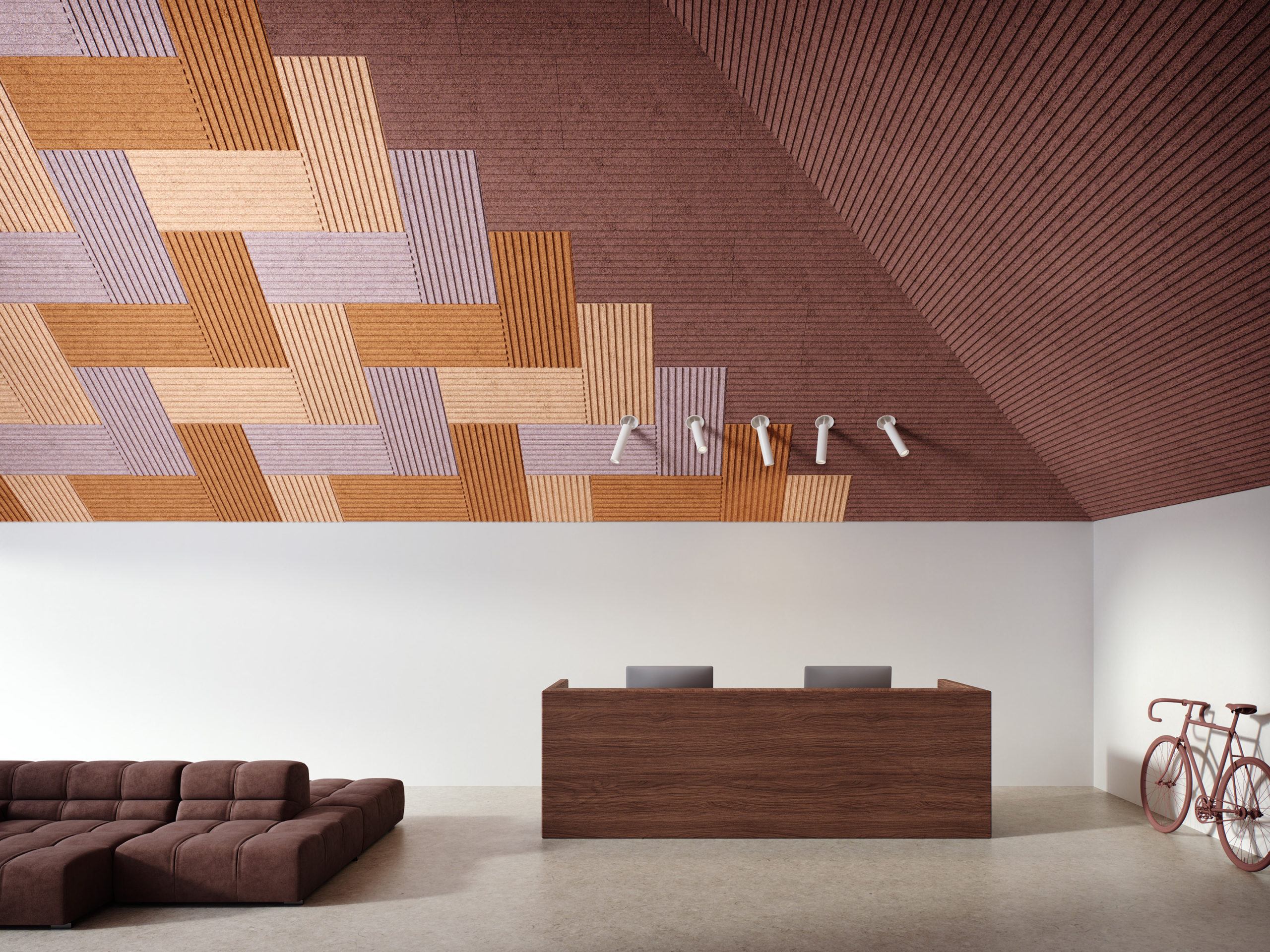

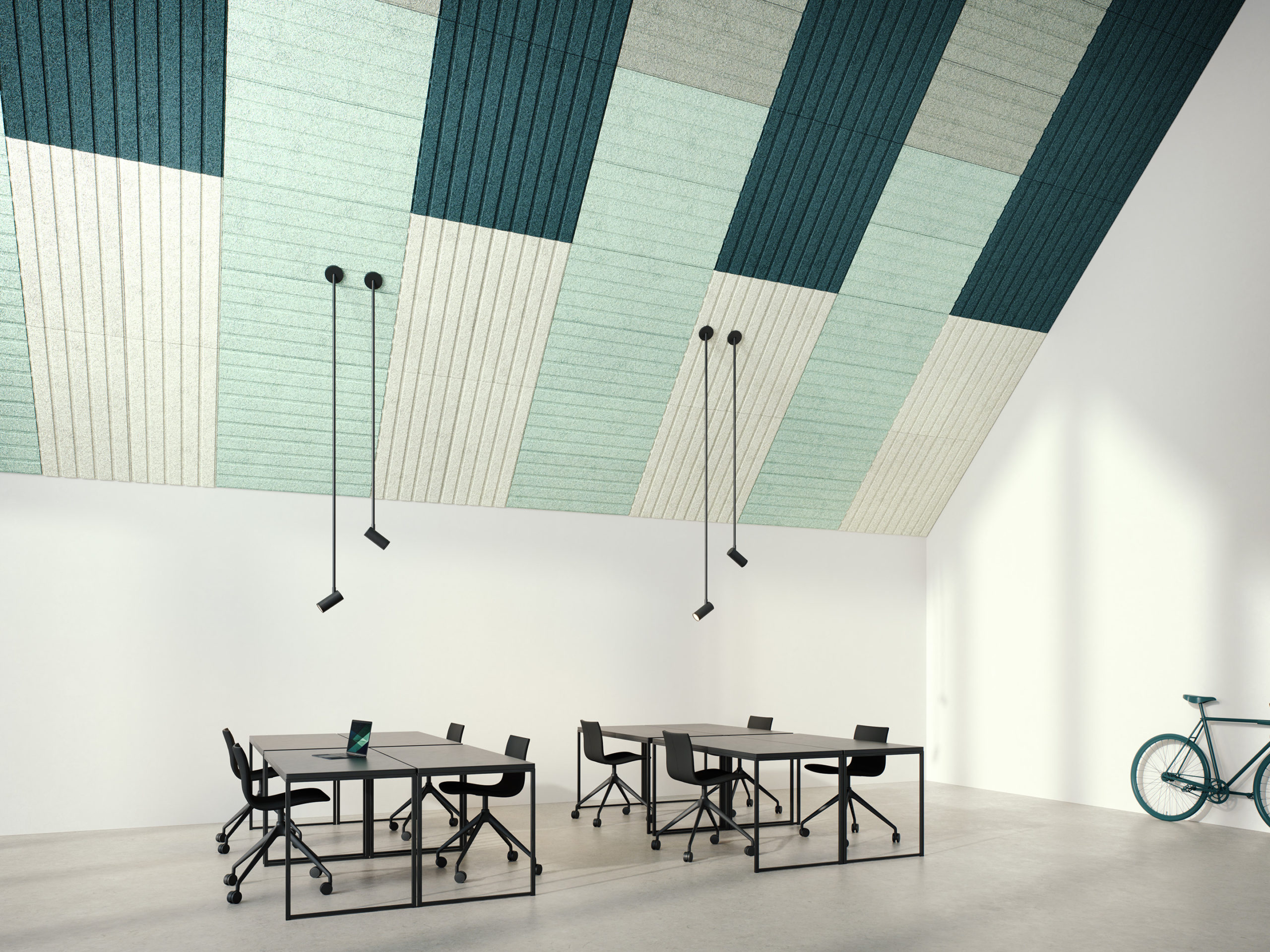



.webp)
.webp)
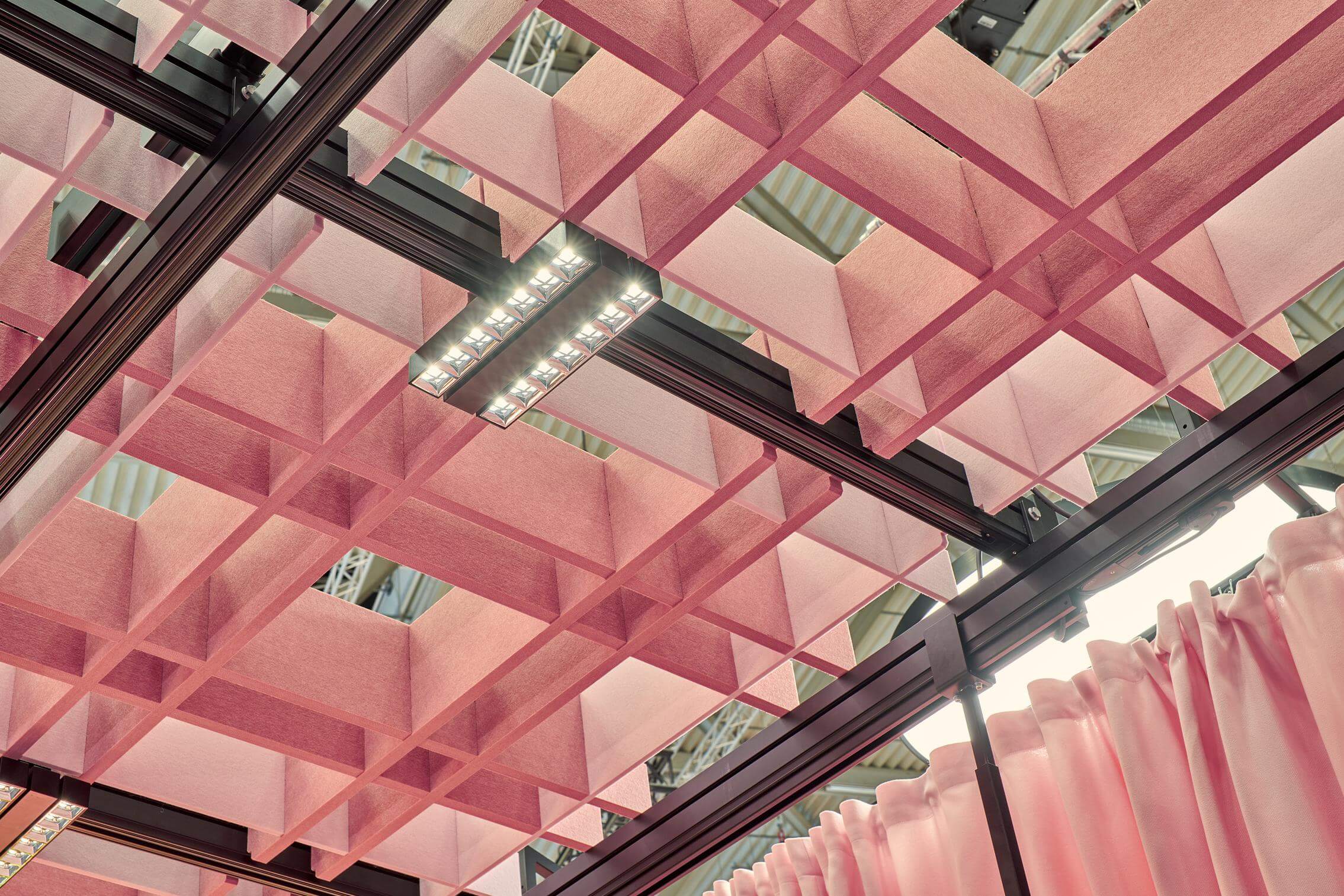
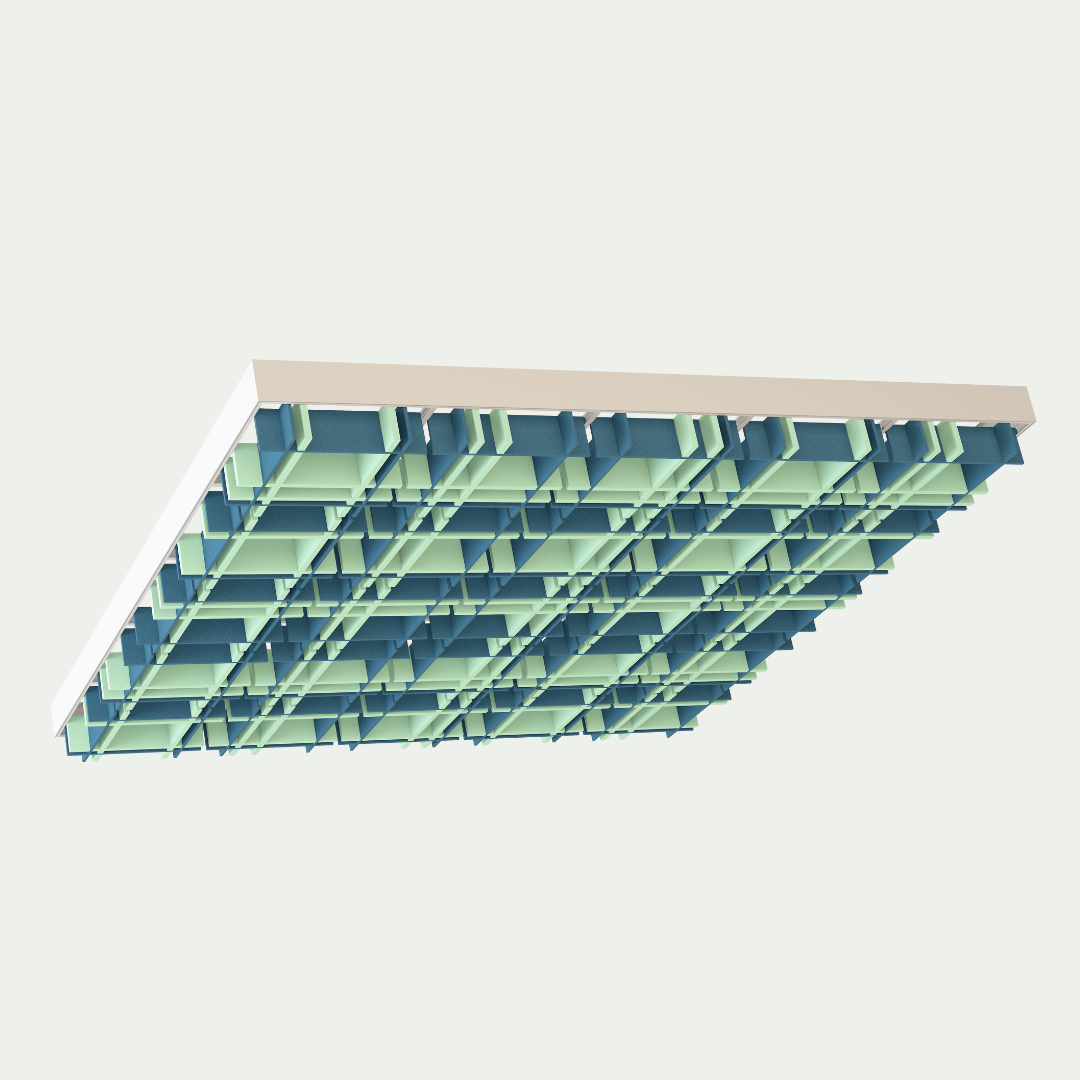
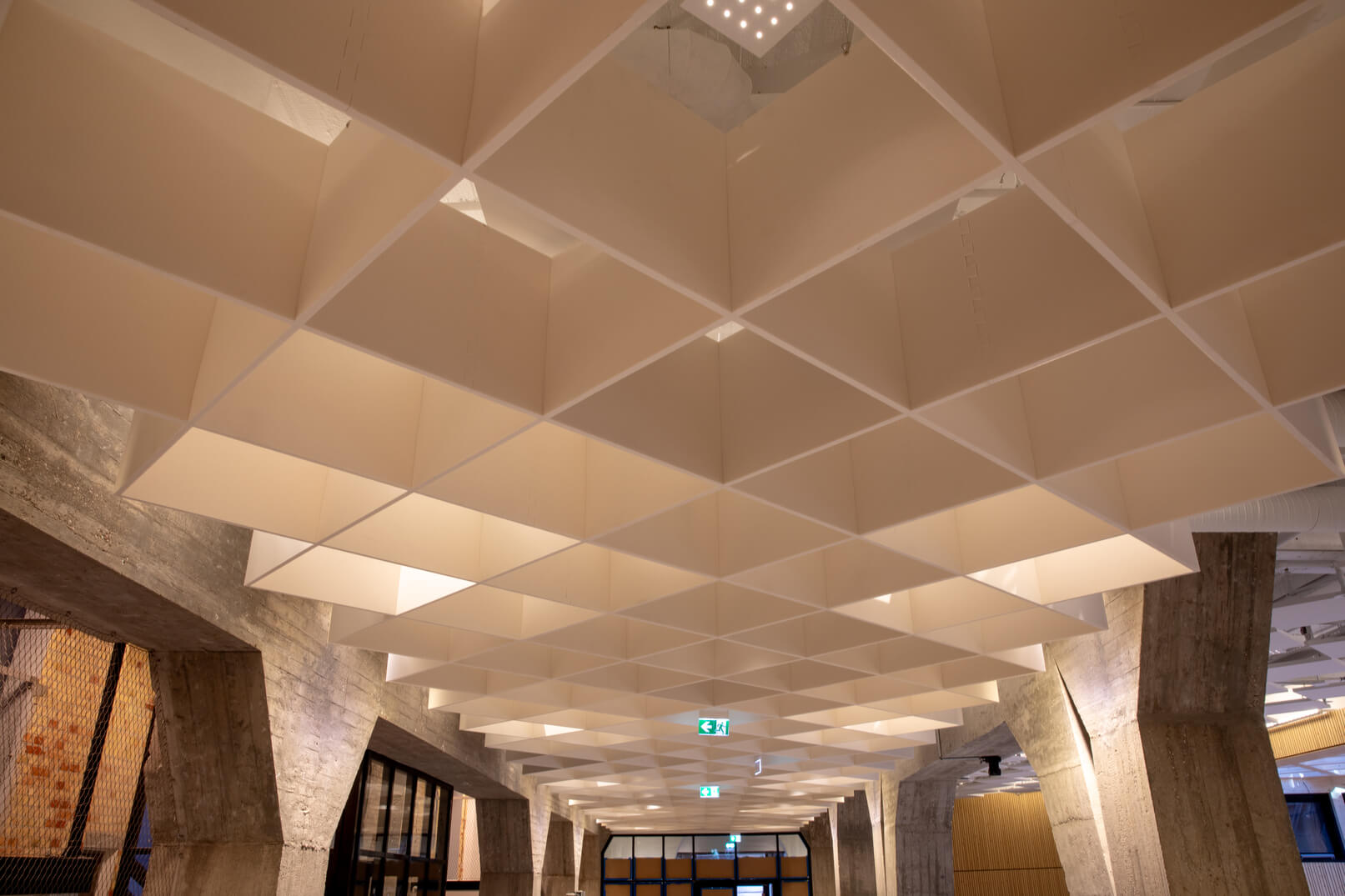
.png)
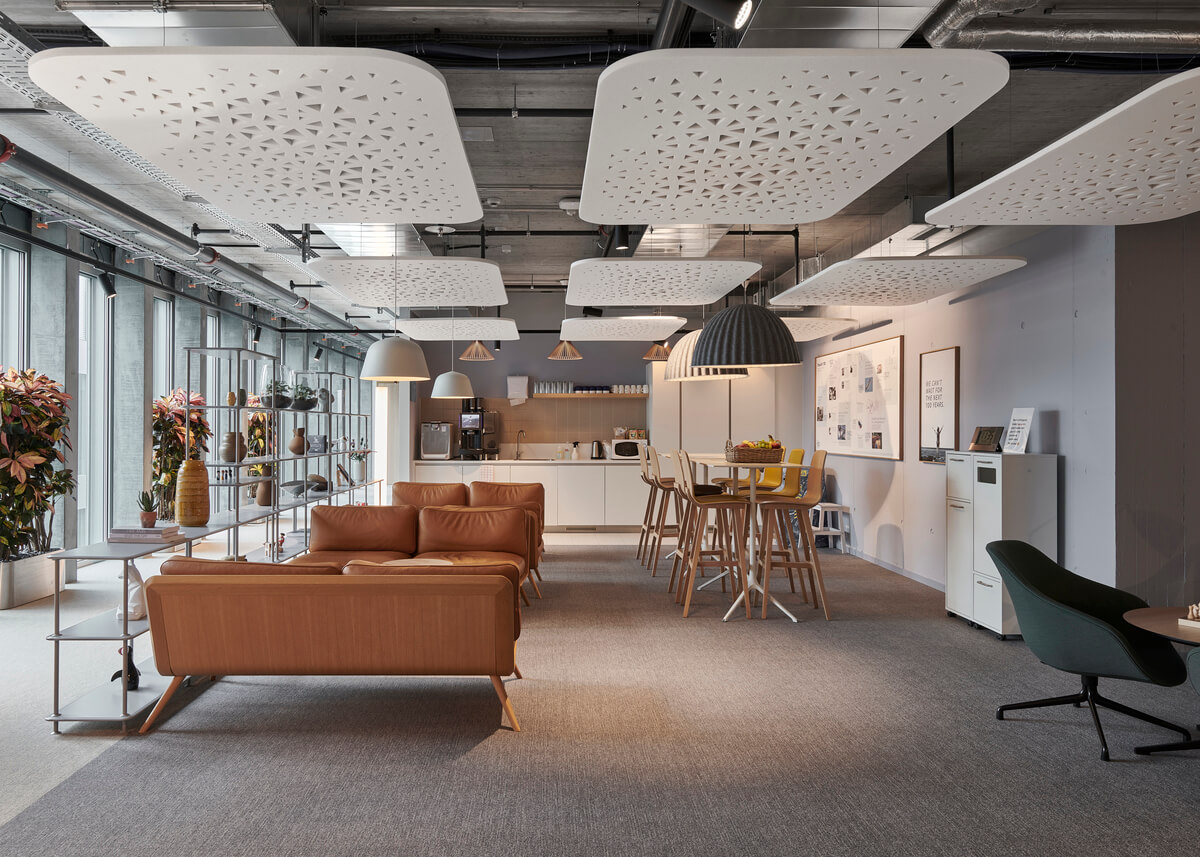
.png)

.png)
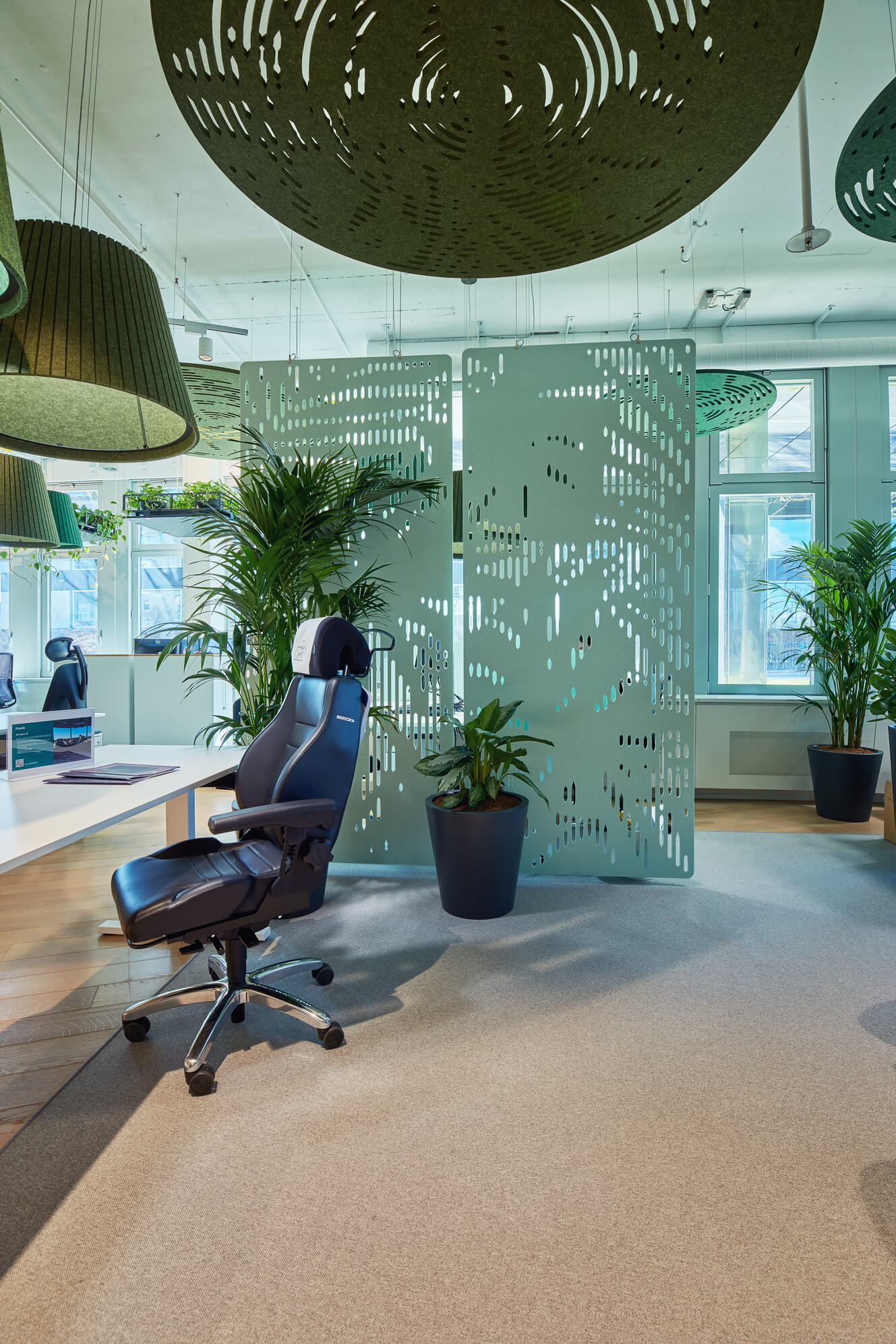
.png)
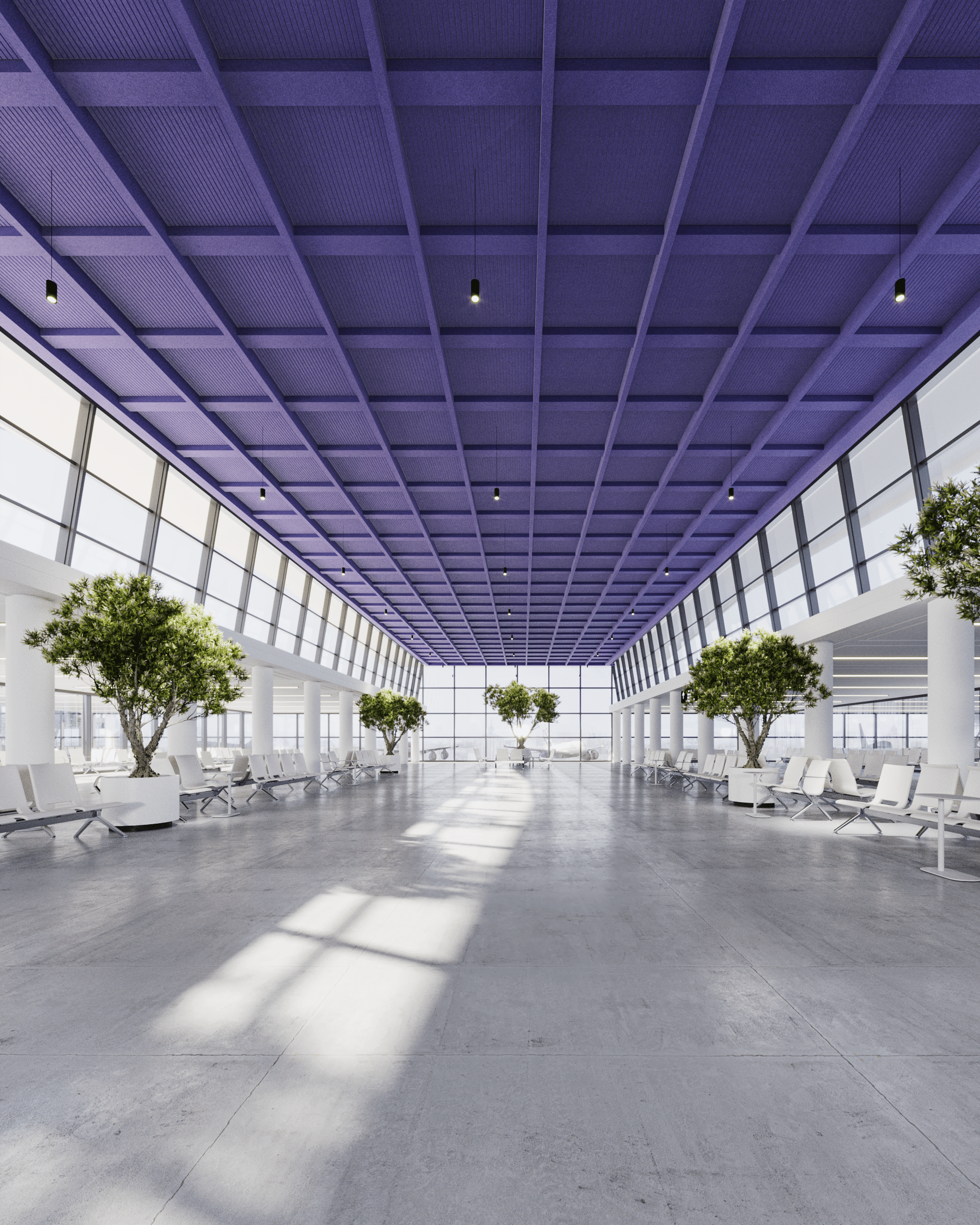
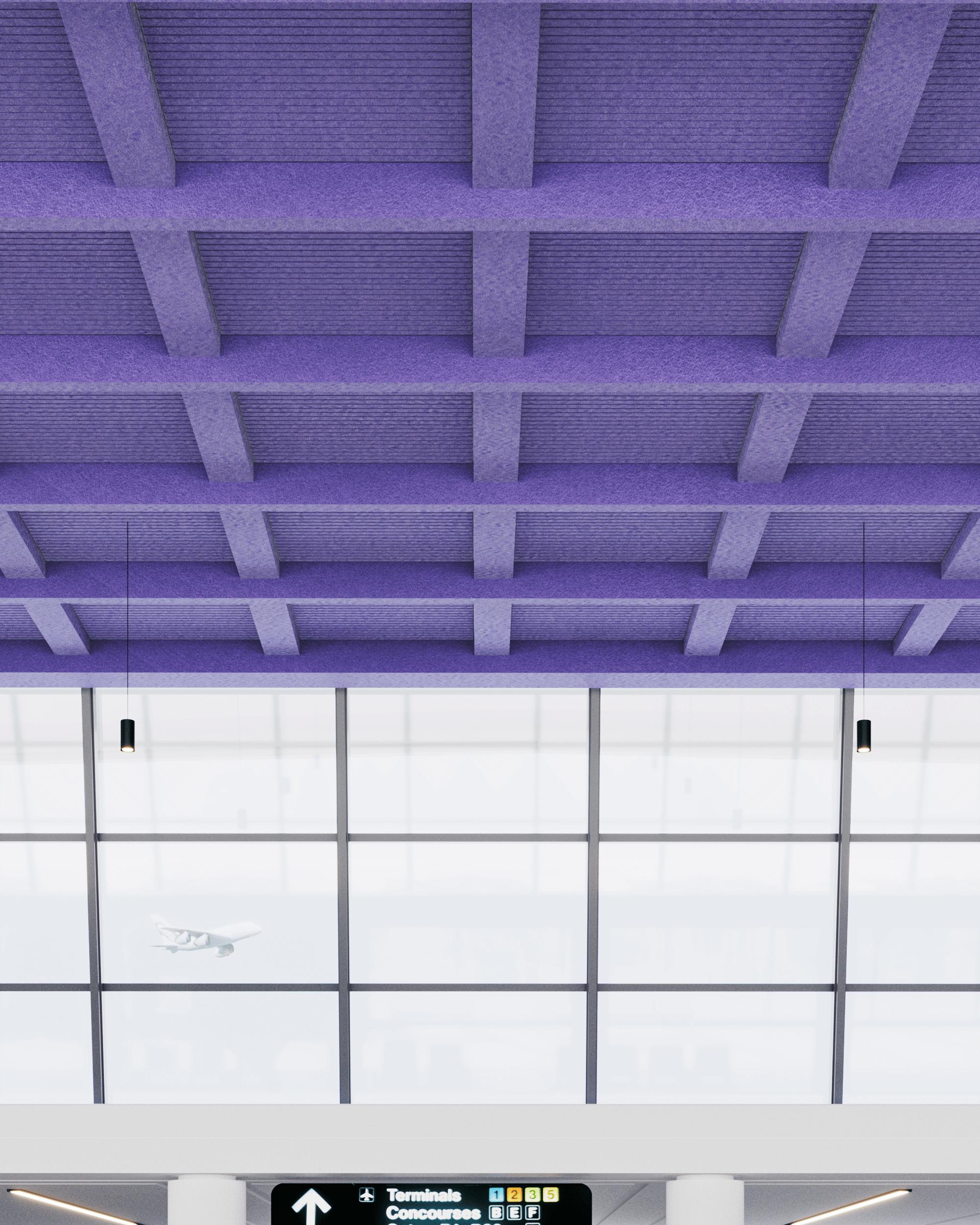
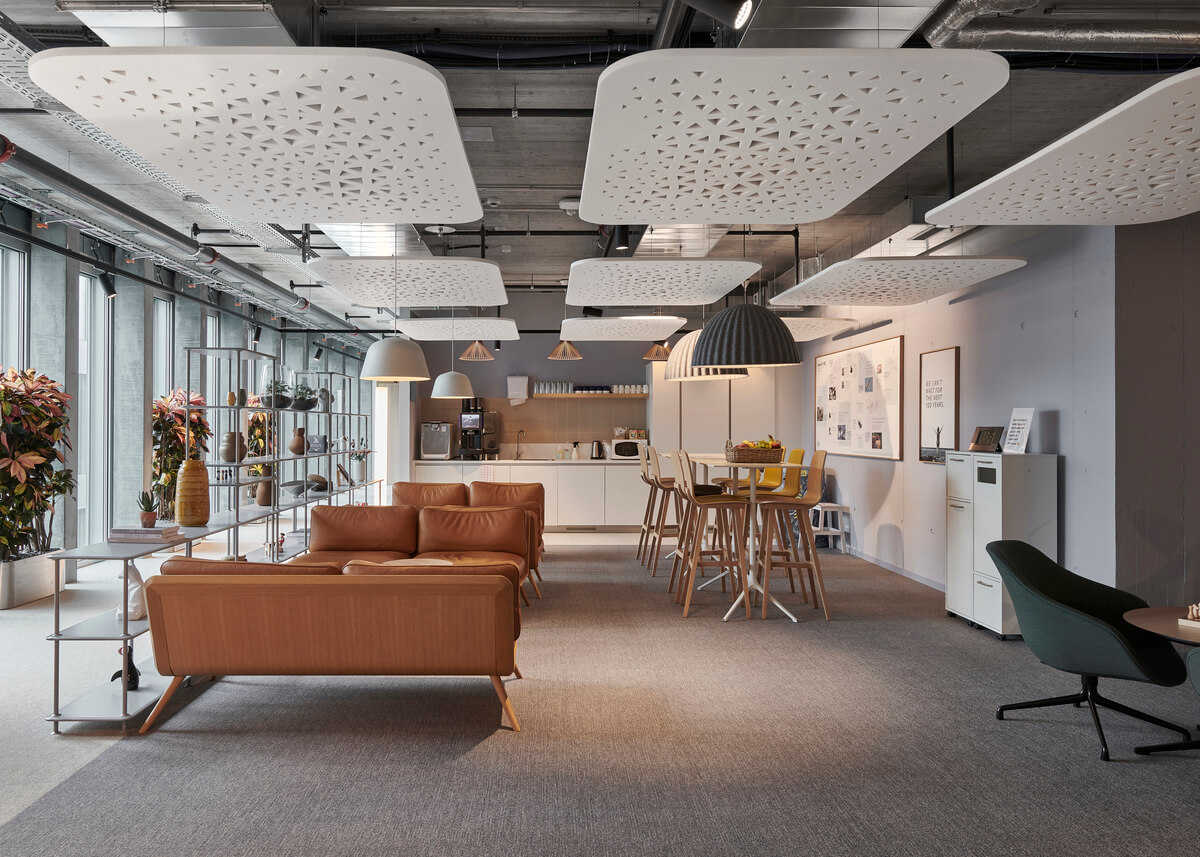
.png)
.png)
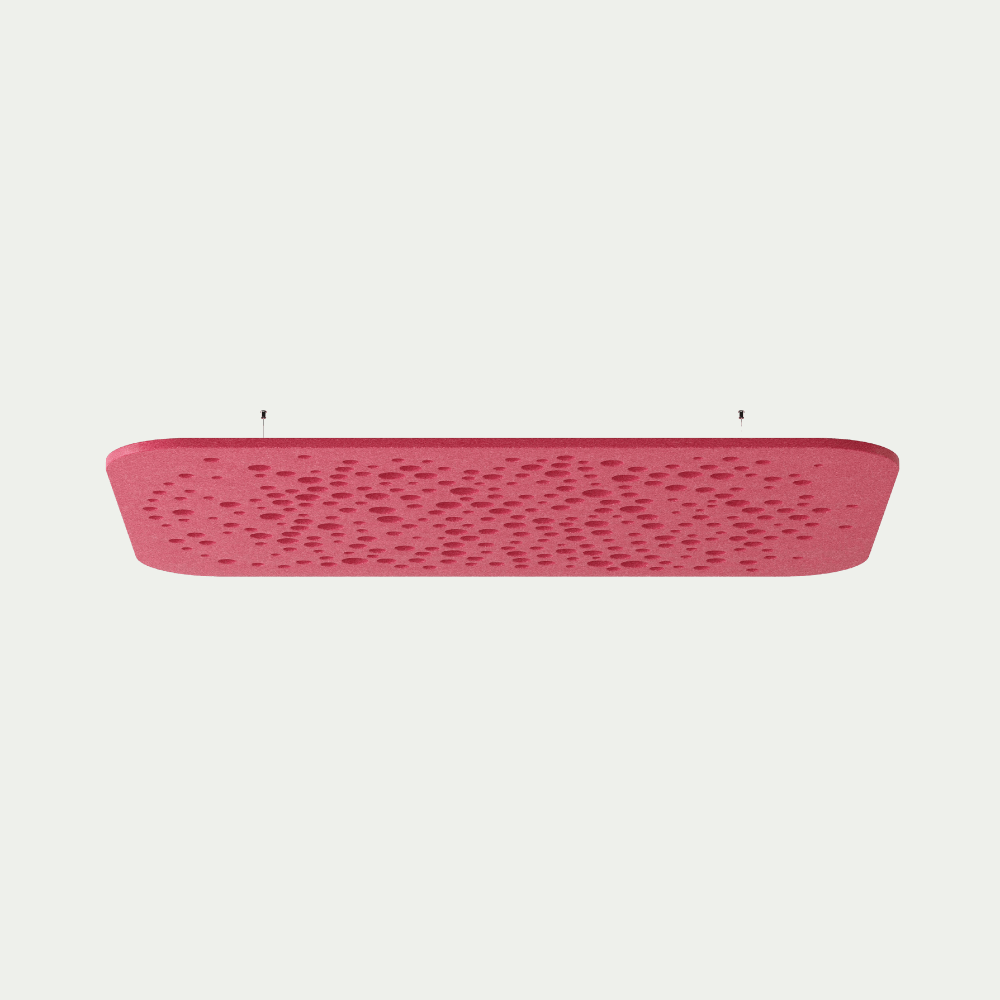
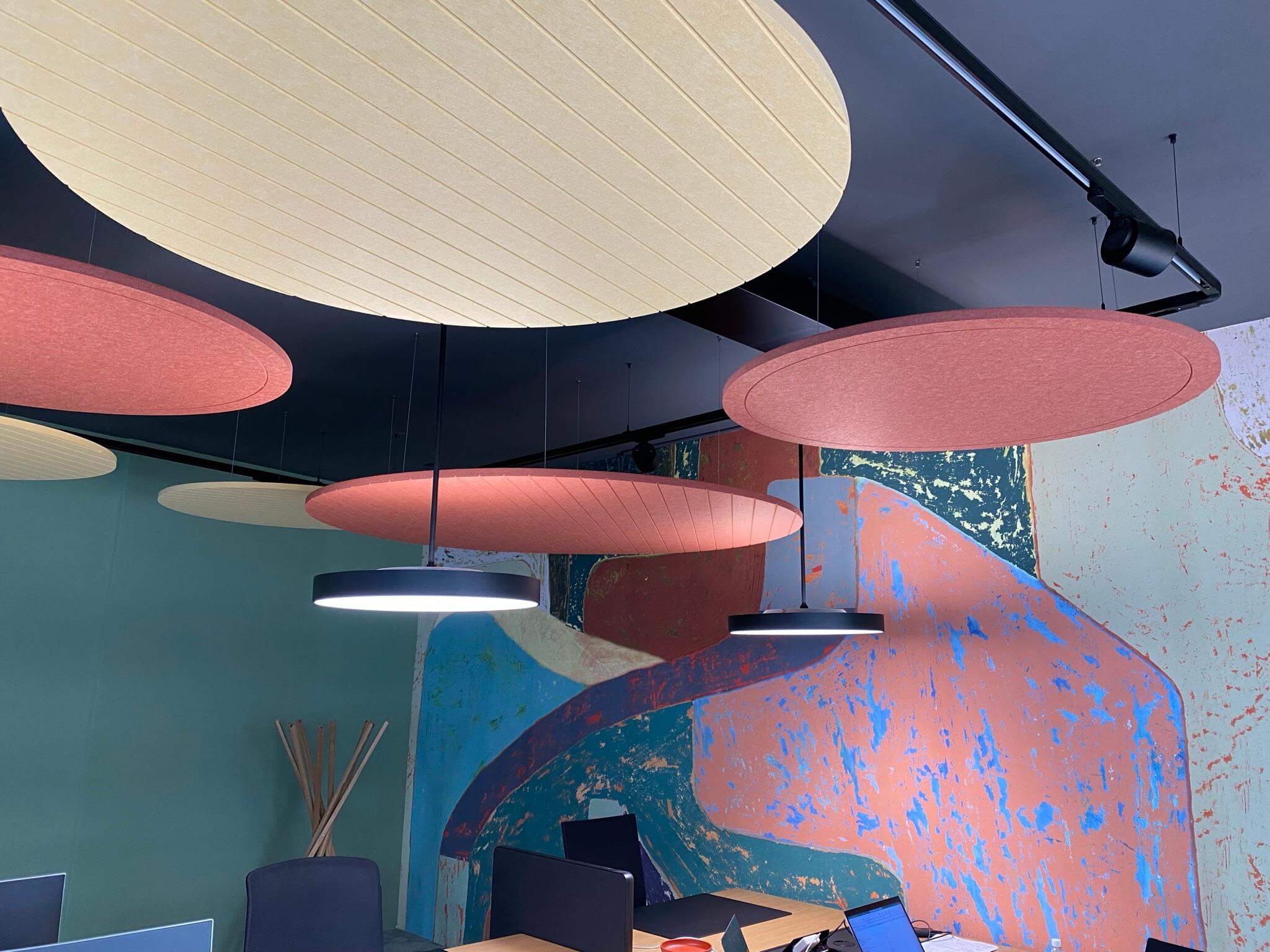
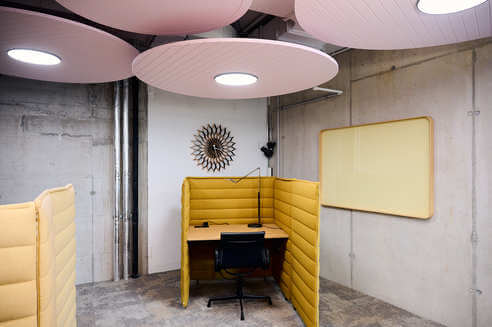
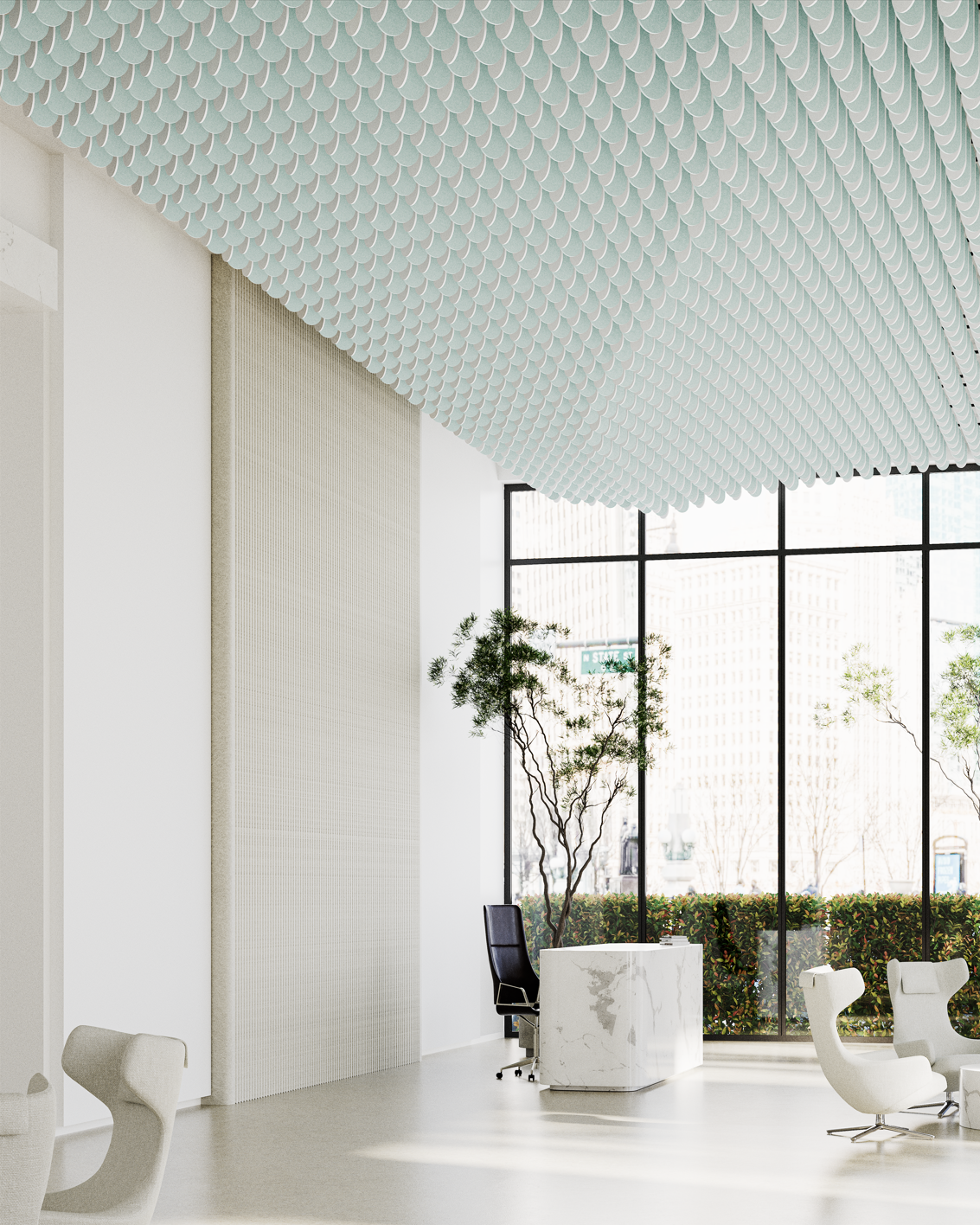
.png)
.png)
.png)
.png)
.png)

.webp)


.webp)




.webp)

.webp)
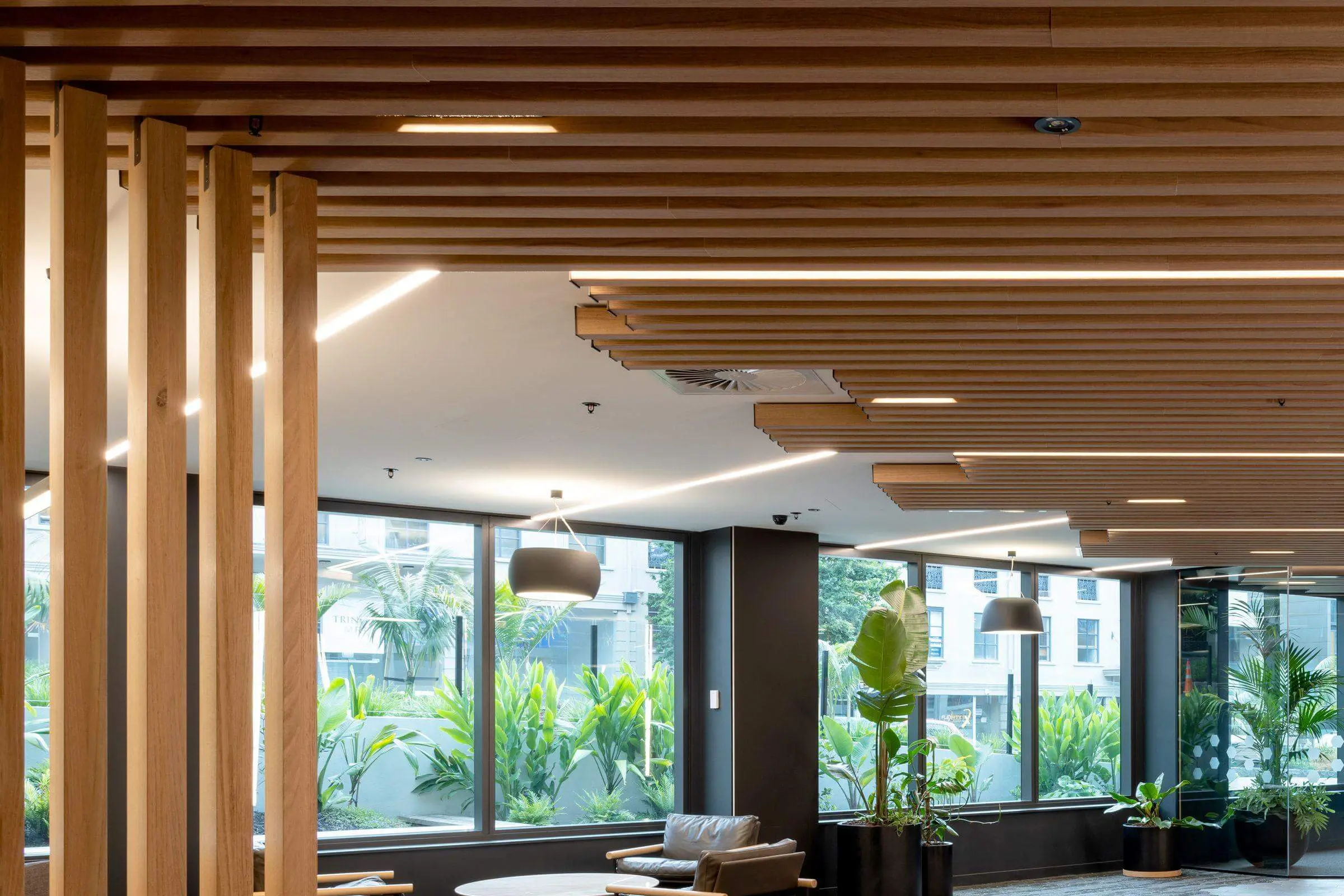
.webp)
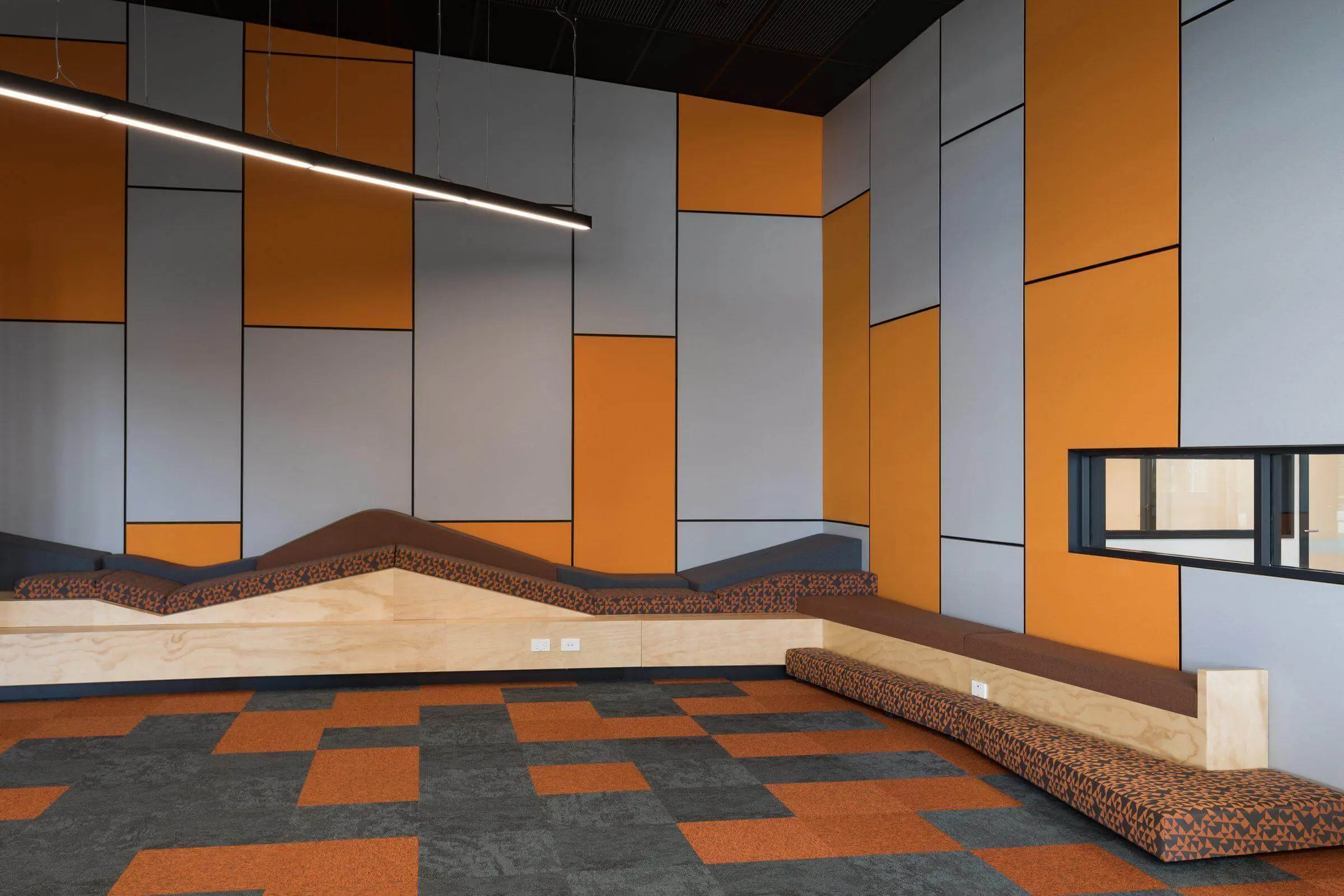
.webp)
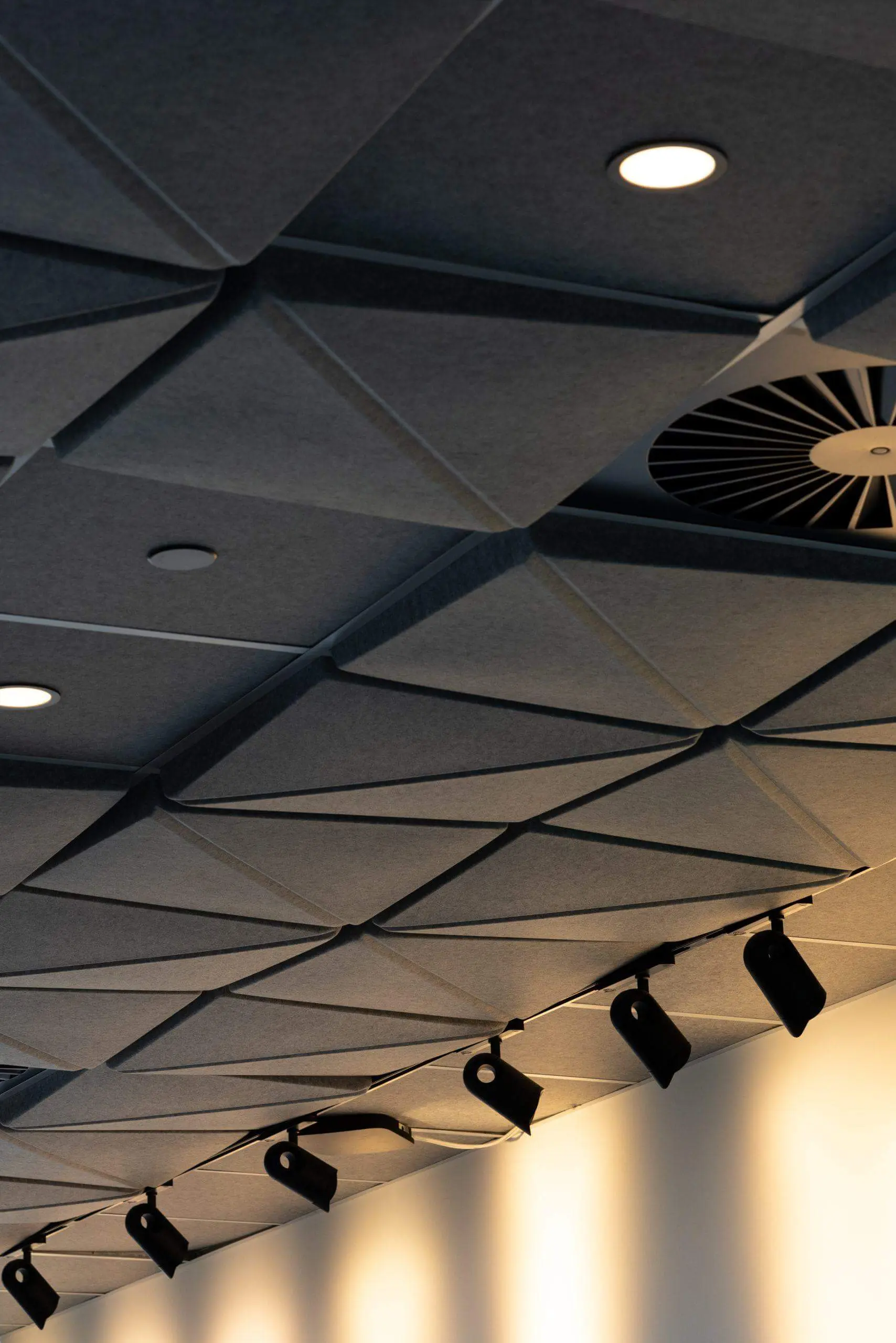
.webp)
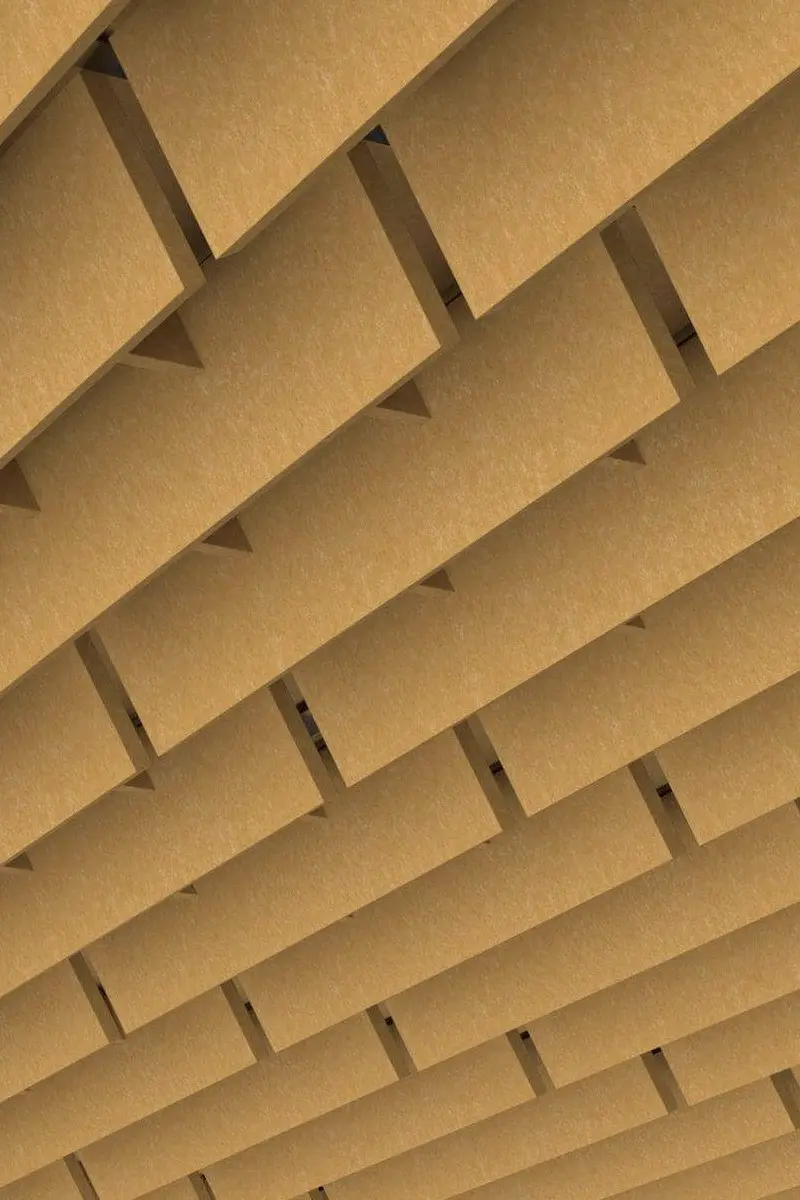
.webp)
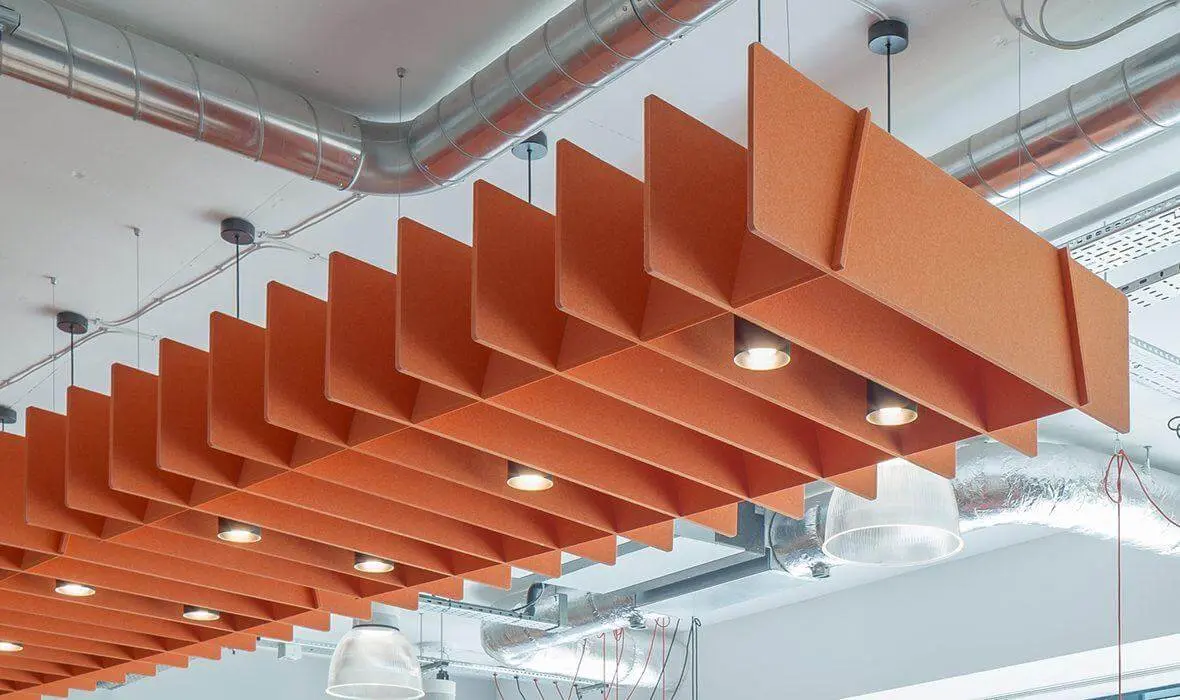
.webp)